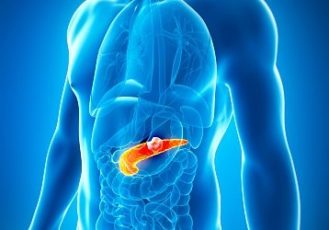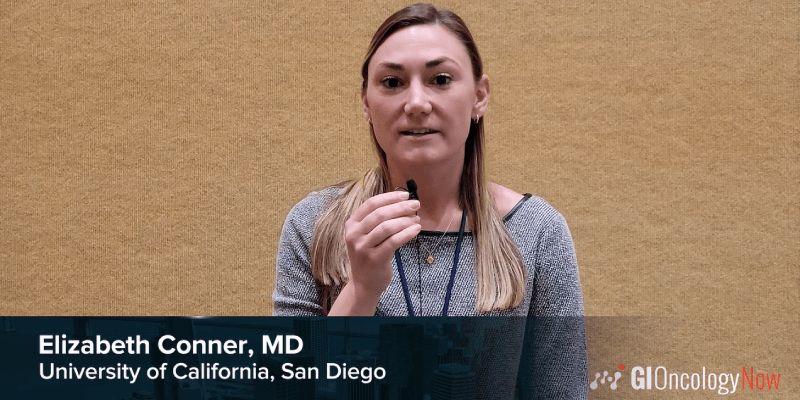
A recent retrospective observational study sought to better understand the association between exocrine pancreatic insufficiency (EPI)—regardless of etiology—and development of cancer in general or pancreatic cancer in particular.
Results are being presented at the 2024 American Society of Clinical Oncology Gastrointestinal Cancers Symposium.
Chronic and acute pancreatitis are known risk factors for pancreatic cancer, and chronic pancreatitis and pancreatic cancer are common causes of EPI, which is characterized by inadequate pancreatic secretion of exocrine digestive enzymes. While the association between EPI and pancreatic cancer is believed to be linked by preceding chronic pancreatitis, further research is needed to determine if EPI—regardless of etiology—can be considered a risk factor or early marker for pancreatic cancer.
James Gore, DO, and colleagues designed a retrospective observational study over a 3-year period to better understand this potential relationship. Utilizing the electronic health records of Ochsner Health System in Louisiana, they identified patients with EPI (n=677) and patients with pancreatitis (n=1852).
Patients with a history of acute and/or chronic pancreatitis were included in the pancreatitis cohort. Researchers compared the cohorts based on cancer prevalence at the beginning and end of the 3-year observation period.
In the EPI cohort, cancer prevalence was 15.95% at the beginning and 43.90% at the end (P<.05). Pancreatic cancer prevalence was 6.65% at the beginning and 29.80% at the end (P<.05).
In the pancreatitis cohort, cancer prevalence was 5.40% at the beginning and 15.90% at the end (P<.05). Pancreatic cancer prevalence was 0.80% at the beginning and 5.00% at the end (P<.05).
These results, researchers suggested, demonstrate that the rise in prevalence of general cancer and pancreatic cancer was higher in the EPI cohort compared with the pancreatitis cohort over the 3-year period. Additionally, there was a statistically significant 2.8-fold increase in the prevalence of cancer diagnosis as well as a 4.5-fold increase in the prevalence of pancreatic cancer diagnosis in the EPI cohort over the 3-year period.
While acknowledging this was an observational study, they concluded that “it suggests the possibility that EPI, regardless of etiology, may be an independent predictor and risk factor for the development of future cancer in general and pancreatic cancer in particular.” They added that this risk potential is “substantively greater” than that of having a history of pancreatitis alone.







 © 2025 Mashup Media, LLC, a Formedics Property. All Rights Reserved.
© 2025 Mashup Media, LLC, a Formedics Property. All Rights Reserved.